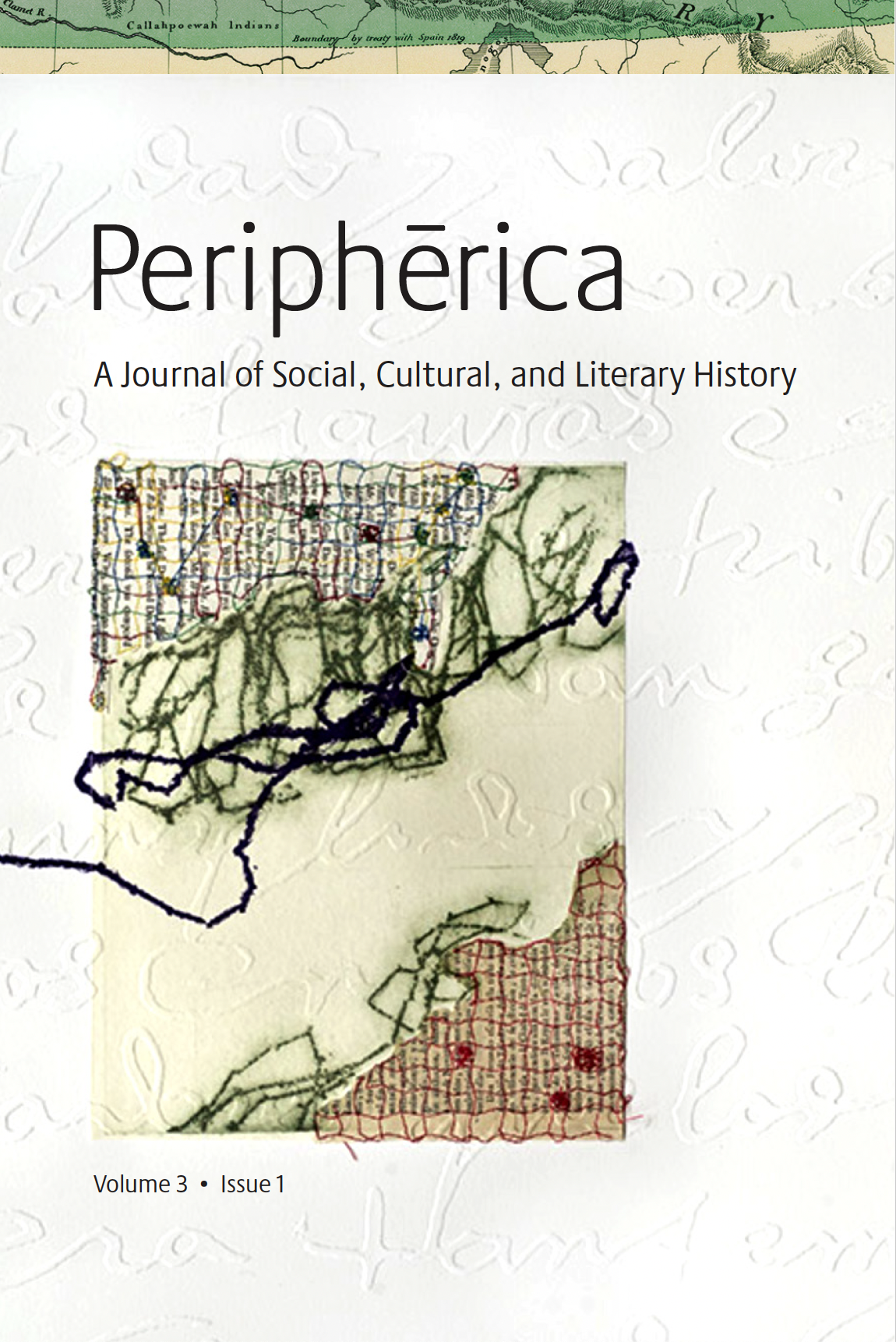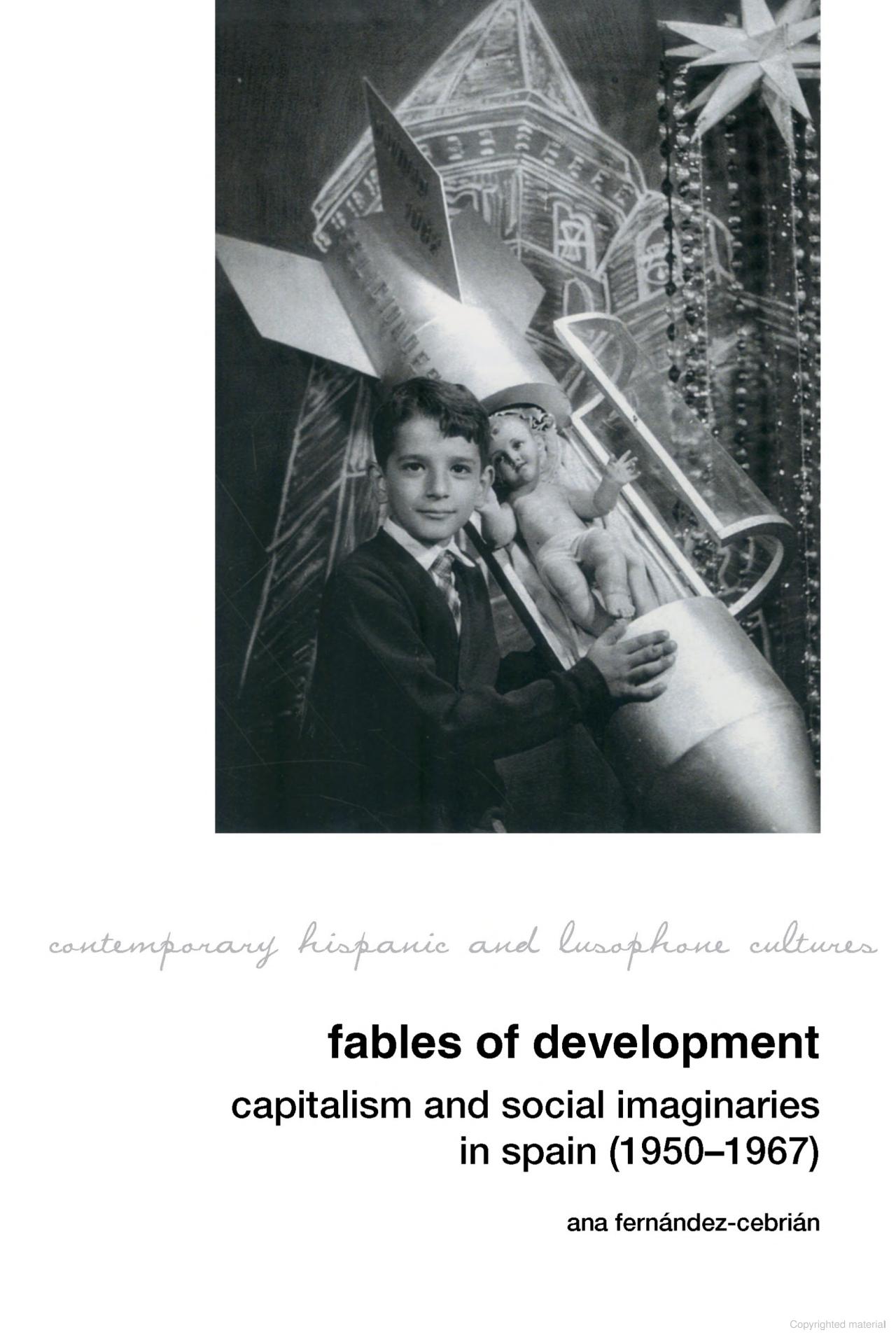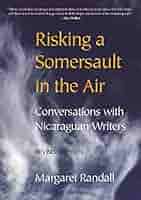Periphērica offers new critical perspectives and in-depth research on the literary, social, and cultural histories of Latino-América and Iberia.
About the Journal
Periphērica offers new critical perspectives and in-depth research on the literary, social, and cultural histories of Latino-América and Iberia.
Current Issue
Articles
Reviews/Reseñas
Interviews/Entrevistas
Escritura Creativa
From the Trenches
In Translation
Latino-América is here understood from a hemispheric perspective seeking to defy and challenge the disciplinary barriers imposed both by modern nation-states - their borders and cultural mappings - and the competing categories of Latin American and Latino Studies, which are increasingly obsolete. Our journal questions the nation-based disciplinary categories of Hispanisms and Cold War Latin Americanisms with their entrenched imperial designs over the American hemisphere. Its title, in Latinized Greek, seeks to evoke both the origin of Latinitas as a violent expansive cultural construct with its center as well as its barbaric others - its imagined peripheries. It is from the contentious, marginal, peripheral spaces that critically question the hegemonic impulse of empire at work within culture that our journal seeks to operate and generate new knowledges.
Iberia is understood as a cultural and geographic space that inherently undermines and counters the imperial notion of Hispania/España deployed by Castilian elite networks over the Iberian Peninsula to secure their hegemonic imperial and capitalist expansion across the globe over hundreds of years and into the present.
The Pacific Northwest where the journal is incepted was once conceived as the last and ultimate periphery of several empires, including the British, Russian, Spanish, and of course the U.S. continental empire, all of which sought to locate their colonial enclaves, over-impose their cartographies and toponymies over indigenous territories as they encroached onto their lands, and over time exterminated hundreds of thousands of human beings, erasing their languages and cultural traditions. In recognition of the sheer colonial savagery at the points of origin of Latin/Hispanic/Iberian cultures, but also of all forms of "Americanism", in as much as the term echoes the exploratory, cartographic impulse of empire, still latent within all these labels, that our journal seeks to explore peripheral modes of thinking about literary and cultural histories.
Pedro García-Caro
General Editor







